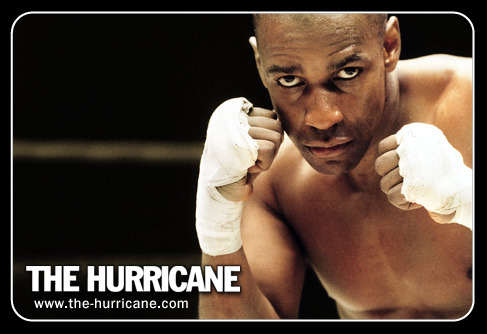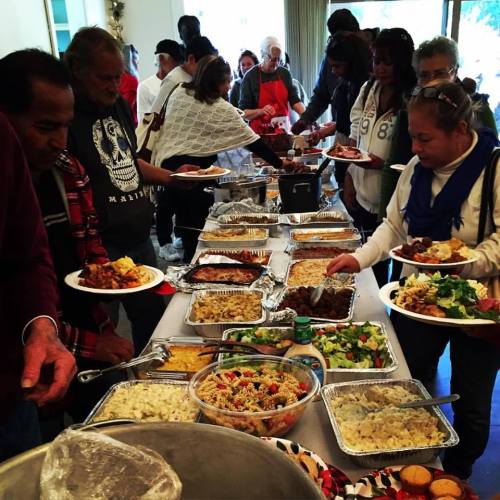 Christmas added several items to my sports movie collection, and the first new flick into the DVD player was The Hurricane, a 1999 movie featuring Denzel Washington as Rubin “Hurricane” Carter, a boxer and convict whose triple murder conviction was set aside after decades in prison due to the love and dedication of others. It was Rocky meets Shawshank Redemption meets To Kill a Mockingbird, which is quite the inspirational combination.
Christmas added several items to my sports movie collection, and the first new flick into the DVD player was The Hurricane, a 1999 movie featuring Denzel Washington as Rubin “Hurricane” Carter, a boxer and convict whose triple murder conviction was set aside after decades in prison due to the love and dedication of others. It was Rocky meets Shawshank Redemption meets To Kill a Mockingbird, which is quite the inspirational combination.
The most memorable scene occurs just prior to Carter’s exoneration when he and his young friend, Lesra, have a brief conversation through prison bars. Carter utters the most famous line in the movie: “Hate put me in prison; love’s gonna bust me out.” His young friend brazenly-yet-facetiously responds, “Just in case love doesn’t; I’m gonna bust you out of here.” Carter erupts in laughter, and then, tenderly, reaches through the prison bars to wipe tears from his young friend’s face, and says, softly, “You already have.”
Yes.
This entire blog is predicated on the idea that humanity can be liberated from any circumstance that aims to imprison us—that in our hearts, we can rise above anything. I believe that in the depths of my soul. Argue with me all you want.
But even those who buy the premise may want to argue with me on how we rise above our circumstances, but as we square off, know that my contention is that it is love that busts us out.
Hate imprisons. Love liberates.
————————————————————————————————–
• Click HERE to see Bob Dylan in 1975 singing his protest song, “The Hurricane,” while Carter sat in prison (and remained there for another decade).


